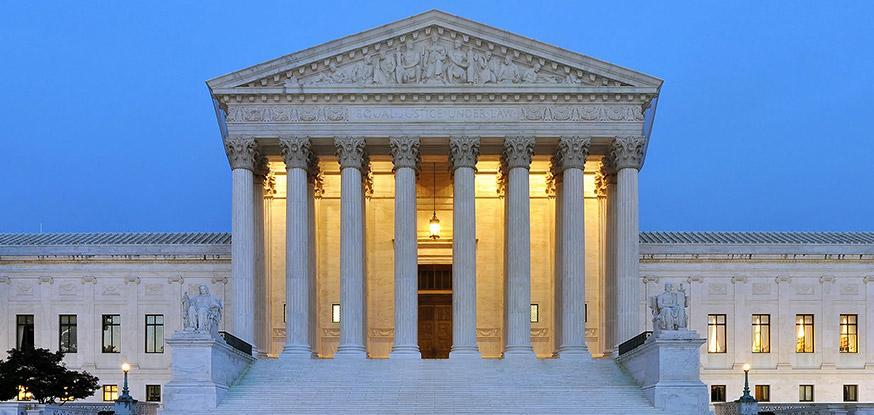More than a dozen tech giants in the United States, including Verizon, Facebook, Snap, Twitter and Alphabet's Google, have filed a 44-page brief with the Supreme Court calling for tighter restrictions on government officials having access to private and sensitive cellphone data of individuals.
The move highlights an ongoing dispute in the US over whether authorities should have to obtain a warrant before accessing data that could reveal an individual's location via their cellphone. More and more data is being collected through digital devices, the brief said; therefore greater protection is needed for individuals under the law.
The brief stated: "That users rely on technology companies to process their data for limited purposes does not mean that they expect their intimate data to be monitored by the government without a warrant."
Timothy Carter, a man convicted of robbing Radio Shack and T-Mobile stories in Ohio and Michigan in 2013, appeared before the justices last June to hear his appeal that data was used to convict him without a warrant. Using "cell site location information" obtained from Carter's wireless carrier, federal prosecutors were able to prove his location near several of the robbery sites.
Carpenter claims that the prosecutors didn't obtain a warrant to access information about his whereabouts, which he said amounts to an unreasonable search and seizure under the US Constitution's Fourth Amendment. But Carpenter's convictions were upheld by a federal appeals court last year, who determined that no warrant was needed to access the data.
The debate over how much surveillance law enforcement and intelligence agencies should have over individuals is heating up in the US, amidst concern among lawmakers that authorities are ignoring warrant requirements to obtain private information.
Carpenter's representative, Nathan Freed Wessler with the American Civil Liberties Union, said the brief by tech giants represents a "robust defense of their customers' privacy rights in the digital age." Carpenter's case will be brought before the court some time after its new term begins in October, Reuters said.
Mr. Wessler highlighted the importance of Verizon's role in the brief, given that, as the largest carrier in the United States, it receives thousands of requests for cellphone location records from authorities every year and just about always complies.
Civil liberties lawyers argue that in order to pursue an arrest, authorities need "probable cause" and therefore a warrant, to avoid searches that are unconstitutional.
People should be able to use technologies without running the risk of having their personal data taken without permission, the tech giants explain in their brief to the Supreme Court.

